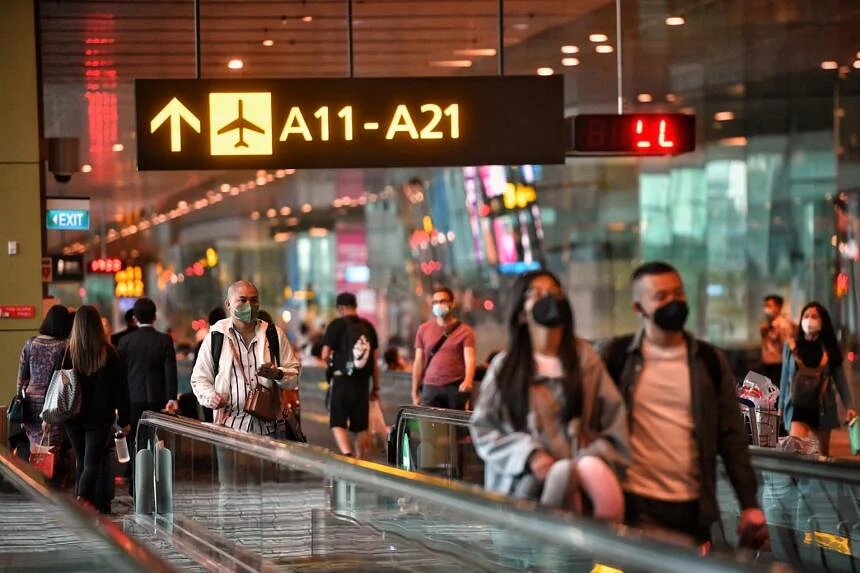Singapore Airlines said that unless they are flying to or from a place that requires masks, travelers would not be obliged to wear them on flights. This policy on the use of masks while flying adheres to the most recent regulations.
But should you still wear a mask if certain flights don’t need it? Many people who are flying soon are debating whether to wear a mask. Allow us to discuss the safety concerns and more if you are also sitting on the fence. Hopefully, this will give you a slight peace of mind.
Safer than you think
Experts in infectious diseases observed that aircraft ventilation requirements are stringent and that no significant COVID-19 clusters have been linked to flights thus far. In essence, flying commercially is significantly safer than most people realize.
This is because a three-minute air exchange occurs repeatedly in an aircraft. More than 50% of the air entering the cabin is entirely outside air, while the rest is passed through hospital-grade HEPA air filters, which remove more than 99% of airborne particles. Therefore, it is nearly impossible for virus particles to be wandering through an aircraft, strictly speaking.
Levels of risk vary among people

Image Credits: straitstimes.com.sg
Nonetheless, the risk that different people face from contracting COVID-19 may affect their choice to wear a mask on a flight. People who are younger or who have just recovered from COVID-19, for instance, are at lower risk.
It would probably be a good idea for those who are immunocompromised or who have never been infected before to wear a mask the whole journey. This may apply to transplant recipients or cancer survivors who are on diverse immunosuppressive medications.
How to take safety precautions pre- & in-flight
There will always be two teams—mask-up and mask-off. For those who want to better protect themselves by wearing a mask, go ahead. Or if you’re feeling uncomfortable sitting beside passengers who are not putting on masks, there are safety precautions you can take.
A mask that comfortably covers your nose and the sides of your face is what you want to wear. An N95, a KN95, or a layered cloth mask can be suitable choices. Bring additional masks, sufficient sanitizers, and disinfectant wipes in case you need to change your mask or sterilize your hands or surrounding surfaces.
Try to arrange shorter flights and have your meals settled before you get to the airport to prevent having to take off your mask unnecessarily. Before boarding, steer away from congested places to get a short snack or drink some water if feasible.
Have a lovely holiday but don’t forget to still keep up with your hygiene habits. Stay safe, everyone!










